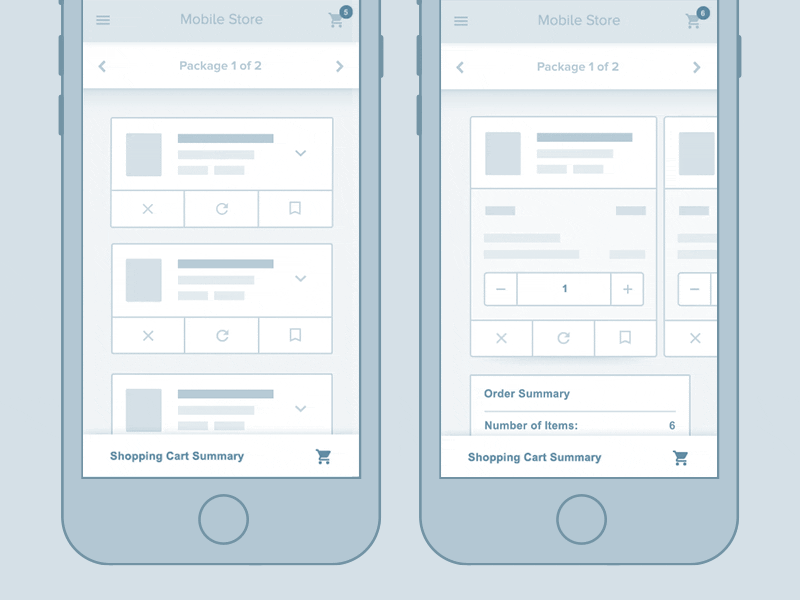The sale of smartphones has hit a new high in today’s market. According to stats from statista, Smartphone shipment is projected to increase by 1.71 billion in 2020. Moreover, by the end of 2018, one third of the world population is set to own smartphone. And this factor is being utilized by business entities to boost their revenues. As customer engagement is one of the most crucial factors for the success of a business, entities are now working to develop productive software applications to engage with the customers. This could help the companies increase their customer base. However, poor software with less-features could harm the reputation of the company, which in turn would lead to poor overall revenue earning. Hence, the mobile application software should be tested before it is released in the market.

Mobile Shopping Cart Test by Michael Pons
The Need For Effective Mobile Testing
As per the latest reports, there had been increased data breaches in the year 2017. In fact, the data breaches jumped up to 164% of what it was in 2016. Due to cybercrimes, data leaks, and other security threats, the global economy is affected by a rough estimate of $445 per year. And to remove such threats, effective mobile software testing is essential. Testing the software applications would eliminate threats, test for vulnerabilities, features, storage capacity, data transfer methods, networking, etc. and make them ready to be safely used by the customers.
Effective mobile software testing techniques
- Using automation tools: The myth surrounding the automation tools is that they are too costly. That, however, isn’t the case always. While some of the automation tools are costly, not all follow the same line. Testers could utilize the features of these tools to test the newly developed software applications. It would reduce the time and increase the effectiveness of the testing. Besides, automation helps in reducing security threats which mightn’t be visible to human interpreters.
- DevOps concept: DevOps is a concept largely followed by organizations to ensure the quality of a software product. DevOps essentially means a group of testers, programmers, developers, designers, and other responsible parties working together to ensure the better performance and functionality of a software. As DevOps combine operations and development together, it leads to a higher ROI.
- Parallel testing: Parallel testing essentially refers to simultaneously testing the software on different platforms. Checking for features and functionality on different platforms leads to a better understanding of the software performance. It also helps in identifying the security threats such as malware, spyware, bugs, Trojans, etc. and getting rid of them effectively.
- Cloud testing for mobile: To improve the software performance, testers are now using cloud testing labs. While cloud testing leads to monitor the consistent performance of a software, it also helps to improve its functioning.
- Shift testing: This is a method to test the code early even when the software product is in the development stage. This method not only helps the software perform better, but also helps the programmers to get the code right.
Conclusion
While testing of mobile applications is a must for better ROI, there are certain key factors which the companies must take a note of. Proper installation, compatibility check, UX/UI testing, localization testing, user experience checking, endurance testing, load testing, spike testing, etc. should be performed to ensure better ROI.





















